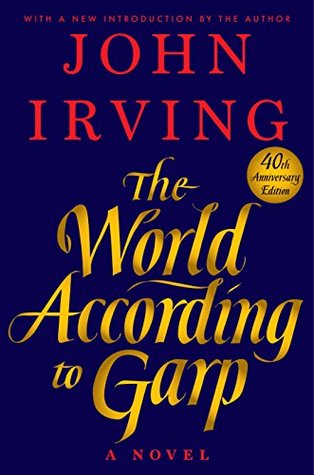More on this book
Community
Kindle Notes & Highlights
She felt detached from her family, and thought it strange how they had lavished so much attention on her as a child, and then at some appointed, prearranged time they seemed to stop the flow of affection and begin the expectations—as if, for a brief phase, you were expected to absorb love (and get enough), and then, for a much longer and more serious phase, you were expected to fulfill certain obligations.
In this dirty-minded world, she thought, you are either somebody’s wife or somebody’s whore—or fast on your way to becoming one or the other. If you don’t fit either category, then everyone tries to make you think there is something wrong with you.
you can know someone all your life and never quite be friends.
“a part of adolescence is feeling that there’s no one else around who’s enough like yourself to understand you”;
death eventually separates everyone from each other. It is only the vividness of memory that keeps the dead alive forever; a writer’s job is to imagine everything so personally that the fiction is as vivid as our personal memories.
nearly everything seems a letdown after a writer has finished writing something.
Many couples live together and discover they’re not in love; some couples never discover it. Others marry, and the news comes to them at awkward moments in their lives.
“Lust makes the best of men behave out of character,”
women—just like men—should at least be able to make conscious decisions about the course of their lives;
“You want too much. Too much unqualified praise, or love—or something that’s unqualified, anyway. You want the world to say, ‘I love your writing, I love you,’ and that’s too much to want. That’s really sick, in fact.”
Garp didn’t want a daughter because of men. Because of bad men, certainly;
“You only grow by coming to the end of something and by beginning something else.”
“if you use good ingredients, and you don’t take any shortcuts, then you can usually cook something very good. Sometimes it is the only worthwhile product you can salvage from a day: what you make to eat. With writing, I find, you can have all the right ingredients, give plenty of time and care, and still get nothing. Also true of love. Cooking, therefore, can keep a person who tries hard sane.”
Garp would be irritated all his life by his belief that literature was a luxury item; he desired for it to be more basic—yet he hated it, when it was.
“There’s such sympathy for people, in what you write,” Roberta told him, suddenly. “But I don’t see that much sympathy in you, in your real life,” she said.
“in the life of a man, his time is but a moment . . . his sense a dim rushlight.”
“Every business is a shitty business. I am trying to treat this book like business, and I want you to treat it that way, too. I don’t care if you like it; I want you to sell it.”
“If you hated it, why’d you read it, Jillsy?” John Wolf asked her. “Same reason I read anythin’ for,” Jillsy said. “To find out what happens.” John Wolf stared at her. “Most books you know nothin’s gonna happen,” Jillsy said. “Lawd, you know that. Other books,” she said, “you know just what’s gonna happen, so you don’t have to read them, either. But this book,” Jillsy said, “this book’s so sick you know somethin’s gonna happen, but you can’t imagine what. You got to be sick yourself to imagine what happens in this book,” Jillsy said. “So you read it to find out?” John Wolf said. “There surely
...more
“A book’s true when you can say, ‘Yeah! That’s just how damn people behave all the time.’ Then you know it’s true,”
the art of fiction was the act of imagining truly—was, like any art, a process of selection. Memories and personal histories—“all the recollected traumas of our unmemorable lives”—were suspicious models for fiction,
“The only reason for something to happen in a novel is that it’s the perfect thing to have happen at that time.
“For most people, with limited imaginations, the idea of improving on reality is pure bunk.”
“I’ll tell you who’s to blame,” Roberta said. “It’s men, Garp. It’s your filthy murderous sex! If you can’t fuck us the way you want to, you kill us in a hundred ways!”
“DEATH, IT SEEMS,” Garp wrote, “does not like to wait until we are prepared for it. Death is indulgent and enjoys, when it can, a flair for the dramatic.”
“A novelist is a doctor who sees only terminal cases,”
‘I have always known that the pursuit of excellence is a lethal habit.’”
“Imagining something is better than remembering something,”
between men and women, not even death gets shared equally. Men get to die more, too.
But in the world according to Garp, we are all terminal cases.


